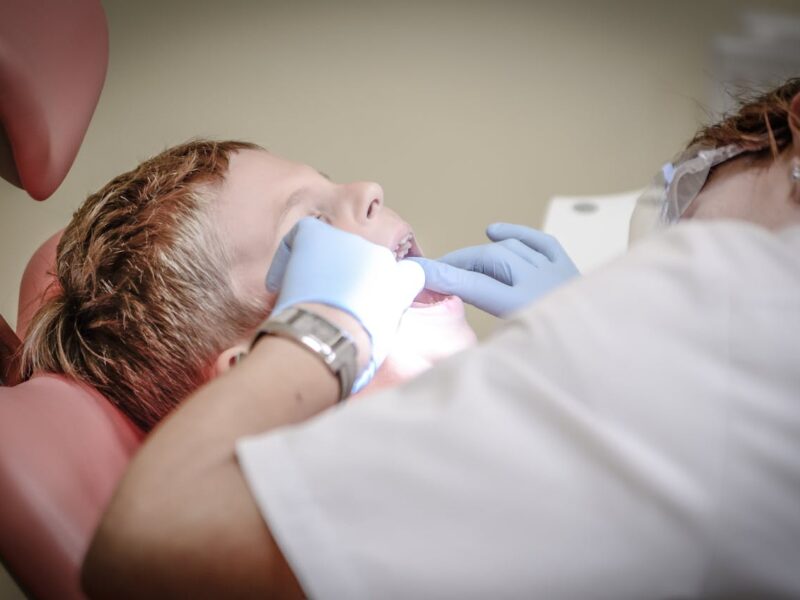Anxiety problems can be effectively treated with therapy. It can be used either on its own or in conjunction with medicines.
Psychologists are trained to identify the factors that contribute to your anxiety symptoms. Therapy usually involves cognitive behavioral therapy (CBT). You will also learn healthier, more effective coping skills. This includes learning to cope with emotional triggers and avoiding patterns of avoidance.
Contents
Cognitive Behavioral Therapy (CBT)
Cognitive behavioral therapy (CBT) is one of the most well-established, evidence-based therapy for anxiety. CBT addresses unhelpful thoughts, feelings, and behaviors that lead to anxiety and teaches you to manage them. Your therapist will help you identify your symptoms and triggers and use tools to keep track of them. For example, you may work with a therapist to create an anxiety journal using prompts like “How do I feel today?” or “What triggers my anxiety?”
Your therapist will also teach you strategies to change maladaptive patterns of behavior. For example, people with anxiety often resort to avoidance coping, which can reduce anxiety in the short term but lead to other unwanted consequences over time. Using CBT techniques, your therapist can help you to identify problem behaviors and evaluate their long-term consequences.
You will also learn how to challenge irrational anxious thoughts, which can help eliminate anxiety phobias and decrease generalized anxiety disorder. For example, a therapist might encourage you to test your catastrophic predictions (“If I leave the house, something terrible will happen”) by empirically testing them with behavioral experiments.
By using a method known as positive outcome visualization, which entails seeing the rational and realistic opposite of your troubling ideas, you will also learn to accept feelings that cause worry. You can overcome your fear of rejection or failure and anxiety.
Exposure Therapy
By progressively confronting the things that make you feel afraid and panicked, exposure therapy aims to assist you in overcoming your anxiety. This method is frequently used with other forms of treatment, such as cognitive behavioral therapy (CBT). This treatment can be administered in either group or individual therapy settings. Your therapist will decide on the most effective strategy to assist you in properly managing and overcoming your anxiety.
Your therapist will work with you to construct an exposure hierarchy, starting with the least anxiety-provoking stimulus and progressing to more challenging ones. You will visualize each hierarchy step using relaxation techniques until you feel comfortable enough to take on the real thing.
Depending on your specific condition, your therapist may also use systematic desensitization or flooding techniques. These methods are quicker than graded exposure but can be more traumatic for the client. Your therapist will only consider this option after you have been through several sessions of graded exposure and have experienced significant progress.
This therapy helps you understand and replace your irrational fears with realistic thoughts. It can also reduce a person’s avoidance behavior, preventing them from experiencing the situations they need to survive. It can also help them realize that the things they fear won’t harm them, making them more likely to accept them.
Hypnosis
Hypnotherapy is a powerful tool in the fight against anxiety. It helps address the underlying causes of anxiety by helping to reset negative self-limiting stories and replace them with empowering ones.
Hypnosis for anxiety can also be used as a stand-alone treatment or in combination with other types of therapy. It can help people relax and calm the body during a panic or anxiety attack by using techniques like deep breathing, progressive muscle relaxation, and anchoring. It can also be used to address the underlying cause of anxiety, such as past experiences or traumas that may have had a negative impact on an individual.
Although hypnosis is sometimes thought of as a substitute for therapy, it is a tried-and-true technique for treating anxiety that works better than anxiety pills. It may be applied to lessen tension and anxiety in both adults and children, and it can be especially beneficial for people with phobias or social anxiety.
Anxiety is treatable, but it can take time to find the right treatment for you. It’s important to work with your therapist and be patient. Eventually, you will feel better. You should talk with your doctor if you haven’t found relief after trying different therapies. They can offer further assistance and look for any underlying medical conditions that might be the source of your worry.
Mindfulness
Mindfulness focuses on becoming aware of and accepting your experience, including your thoughts, emotions, and physical sensations, in the present moment. It is an antidote to the maladaptive ways we deal with distressing thoughts and emotions. Mindfulness can also help us to gain insight into the underlying causes of anxiety and to create space around these concerns so they don’t consume our attention.
Research suggests that regular meditation can ease feelings of anxiety and reduce symptoms like trembling, sweating, and nausea. It can also increase the brain’s resilience to stress and improve mental health. However, it’s important to note that it’s not a replacement for medication or other treatments, so it’s best to discuss this option with your doctor before beginning a meditation regimen.
One study found that Mindfulness-Based Stress Reduction (MBSR) was just as effective as a popular antidepressant, escitalopram, in reducing anxiety. The MBSR program taught participants how to meditate and pay attention to their breath and bodily sensations in the moment. It also helps them to recognize negative thoughts and beliefs, such as “I’m going to fail my exam” or “I’m a bad person,” and learn to accept them instead of reacting to them.
It is possible to incorporate elements of mindfulness into other types of therapy for anxiety, such as cognitive behavioral therapies or dialectical behavior therapy. In addition to formal meditative practices, there are many other activities you can try that will help you to be more mindful, such as taking a walk in nature or practicing grounding exercises.



